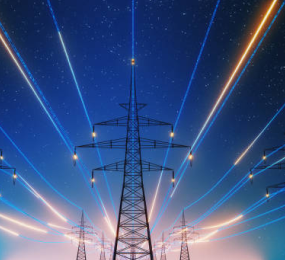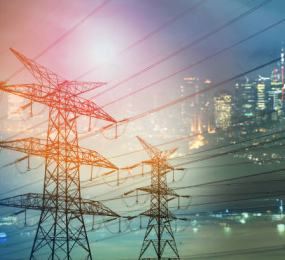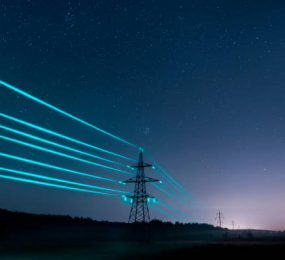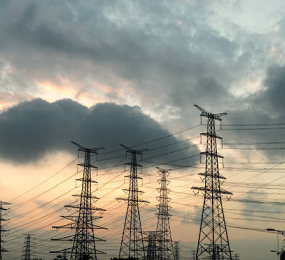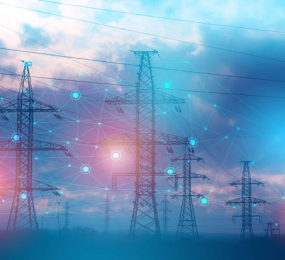AI and Machine Learning in Grid Automation: Opportunities and Challenges
The increasing complexity of modern power grids, driven by the integration of renewable energy sources and distributed generation, necessitates advanced automation. Artificial intelligence (AI) and machine learning (ML) offer transformative capabilities to enhance grid efficiency, reliability, and resilience.
AI and ML algorithms can analyze vast amounts of real-time data from sensors and smart meters to predict energy demand, optimize power flow, and detect anomalies. Predictive maintenance, enabled by ML, can identify potential equipment failures before they occur, minimizing downtime and improving grid stability. Furthermore, AI-driven control systems can dynamically adjust grid parameters to accommodate fluctuations in renewable energy generation, ensuring a stable and balanced power supply.
However, the implementation of AI and ML in grid automation presents significant challenges. Data security and privacy are paramount concerns, as sensitive grid data must be protected from cyberattacks. Ensuring the robustness and reliability of AI algorithms is also crucial, as errors can have cascading effects on the entire grid.
Furthermore, the need for skilled personnel to develop, deploy, and maintain AI-driven systems is a significant hurdle. Interoperability between different AI platforms and legacy grid infrastructure is another challenge that requires careful planning and standardization.
Despite these challenges, the opportunities presented by AI and ML in grid automation are immense. By leveraging these technologies, utilities can build smarter, more efficient, and more resilient grids that can meet the growing demand for clean and reliable energy.
Visit our website to know more: https://www.leadventgrp.com/events/2nd-annual-power-grid-digitalization-and-automation-forum/details
For more information and group participation, contact us: [email protected]
Leadvent Group - Industry Leading Events for Business Leaders!


